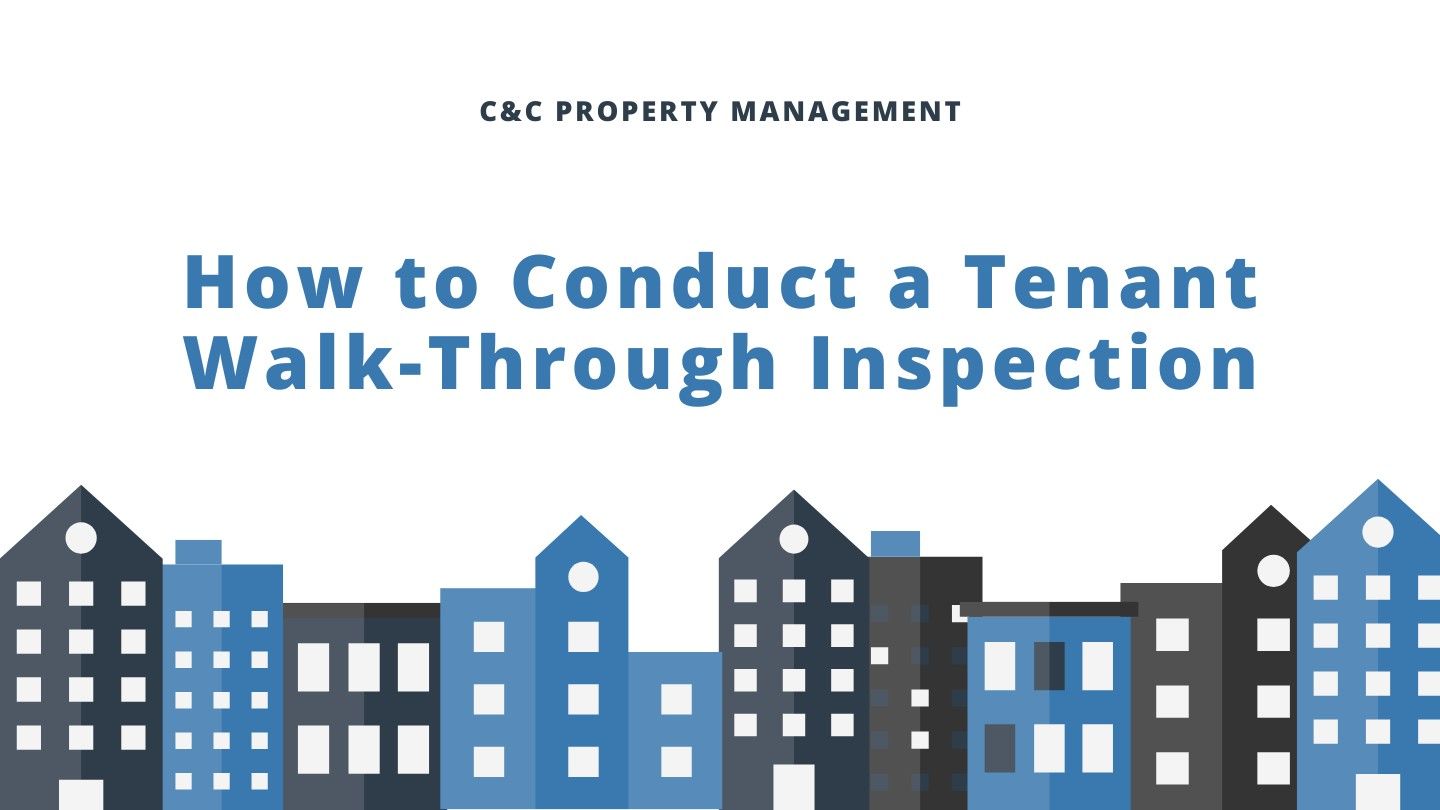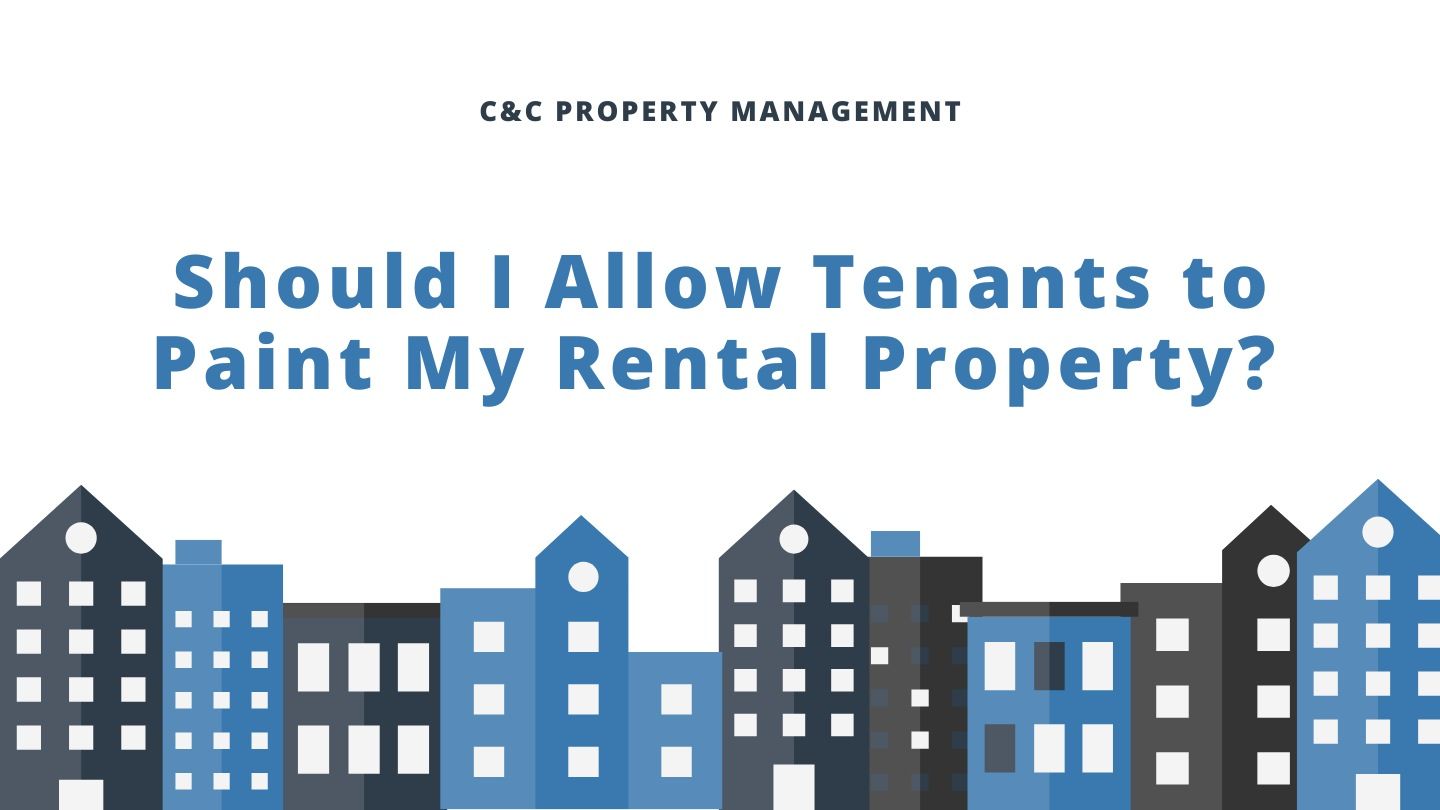Understanding the NAICS Code for Your Real Estate Business
As a real estate investor, you may have come across the term "NAICS code" when dealing with economic data collection and business-related processes.

In this article, we'll delve into the finer details of the NAICS code system and its significance for your real estate business.
What is a NAICS Code?
The North American Industry Classification System (NAICS) is a comprehensive classification system developed jointly by the United States, Canada, and Mexico. Its purpose is to categorize businesses into industry-specific codes, facilitating economic data collection, analysis, and reporting.
Why Do You Need a NAICS Code?
While a NAICS code might not be the sole factor determining your real estate business's success, it can prove useful in several ways:
- Economic Tracking and Analysis: Governments and researchers rely on NAICS codes to track economic activity, analyze growth trends, and forecast future performance. By using the appropriate NAICS code for your real estate business, you contribute to accurate data collection about your sector of the economy.
- Loan Applications: Financial institutions often request a NAICS code when you apply for business loans or lines of credit. It helps them gain insight into your industry and assess potential risks, enabling them to make informed decisions about your eligibility and loan terms.
- Business Licensing and Zoning: In some localities, a NAICS code is required when applying for business licenses or determining property zoning. This code aids authorities in understanding the nature of your real estate business.
- Tax Purposes: Specific tax deductions and credits are industry-specific. The Internal Revenue Service (IRS) and other tax authorities may use NAICS codes to determine your eligibility for these tax benefits.
- Insurance Premiums: Insurance companies often use NAICS codes to assess the risk associated with your real estate business. This helps them calculate appropriate insurance premiums.
- Business Relationships: When collaborating with other businesses, such as contractors or suppliers, they may request your NAICS code to better understand your real estate business and its needs.
Where Can You Find Your NAICS Code?
To find your NAICS code, visit the official NAICS website. You can identify your code using either the keyword or industry search options.
For the keyword method, enter your business sector's initial term into the "NAICS Keyword Search" field. Then, search the results until you find the code most closely related to your field.
Alternatively, you can use the industry search method. Select your business sector (in this case, real estate) from the industry list below the search bar, and your industry's corresponding NAICS code will be displayed.
For further assistance in identifying your LLC's NAICS code, consider contacting the U.S. Census Bureau at 1-888-756-2427.
Common NAICS Codes for Real Estate Investment
Here are some of the most common NAICS codes for real estate-related businesses:
- 531110: Lessors of residential buildings and dwellings. This code applies to investors renting out residential properties like apartments, homes, and condos.
- 531120: Lessors of nonresidential buildings (except Miniwarehouses). This code is used for investors leasing commercial properties such as office buildings or shopping centers.
- 531130: Lessors of miniwarehouses and self-storage units. This code applies to investors in the self-storage or mini-warehouse business.
- 531190: Lessors of other real estate property. If an investor leases out other types of real estate properties not mentioned above, they would use this code.
- 531210: Offices of real estate agents and brokers. If an investor also acts as a broker or real estate agent, they would use this code.
- 531311: Residential real estate property managers. Investors who manage residential properties for themselves or others would use this code.
- 531312: Nonresidential property managers. This code applies to investors who manage nonresidential properties.
- 531320: Offices of real estate appraisers. If an investor also does property appraisals, they would use this code.
- 531390: Other activities related to real estate. This catch-all code covers other real estate activities that do not fit under the other codes.
Select the NAICS code that best aligns with your primary real estate business activities.
Conclusion
Whether you're buying, selling, or investing in real estate, understanding and utilizing the appropriate NAICS code is essential for various aspects of your business. From economic tracking and loan applications to tax purposes and insurance, the NAICS code plays a vital role in streamlining essential processes. By using this classification system, you enhance your real estate business's visibility and ensure compliance with licensing, zoning, and financing requirements.
Stay informed and make the most out of your real estate ventures by harnessing the power of the NAICS code system. Empower your business for success and enjoy a smoother journey in the dynamic world of real estate investing.








